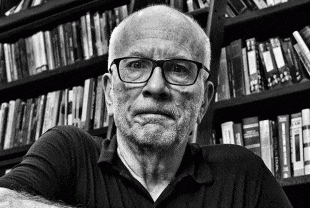HOUSTON – (Jan. 13, 2021) – As the U.S. faces one of the most turbulent and divisive moments in modern history, a Rice University political scientist is available to discuss the upcoming transfer of power from the current president, Donald Trump, to President-elect Joe Biden.

"Our peaceful transfer of power, largely unique in world history, is so enshrined in our political processes it normally registers little attention and no concern," said Paul Brace, the Clarence L. Carter Professor of Political Science. But like so many central democratic norms and processes, this has been upended in the Trump era, he said.
"As we approach Inauguration Day, many seriously wonder how we can get rid of the incumbent president, or at least isolate him from the levers of power (including the nuclear codes) in the remaining days of his administration," Brace said. "Witnessing the debacle of his mobs storming our hallowed democratic institutions leaves us also wondering if our Capitol can be kept safe during the normally placid inauguration ceremonies.
"Not since the inauguration of 1861, followed a month later by the secession of South Carolina, has the fiber of our nation been so imperiled," Brace concluded.
Brace is widely published, primarily in the areas of U.S. politics and judicial decision-making. He comments regularly on presidential politics, the judiciary and the U.S. government. For more information on Brace, visit http://www.ruf.rice.edu/~pbrace. To schedule an interview, contact him directly at 832-628-5285.
-30-
This news release can be found online at news.rice.edu.
Follow Rice News and Media Relations on Twitter @RiceUNews.
If you would rather not receive future communications from RiceUniversity, let us know by clicking here.
RiceUniversity, Public Affairs - MS610 6100 Main Street, Houston, TX 77005-1827 United States

